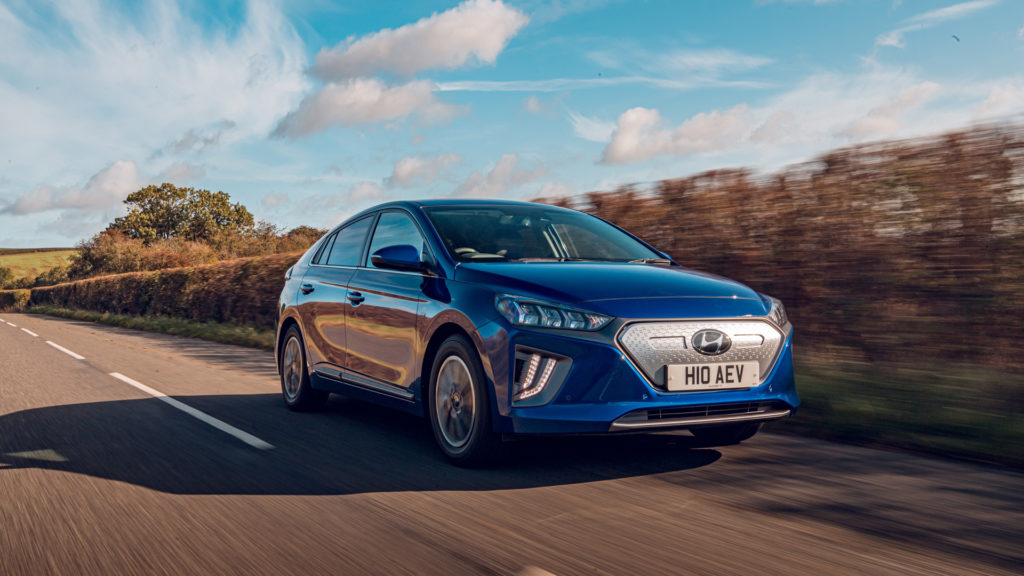Hyundai has played EVs at the heart of its new strategy as it aims to sell more than 600,000 electric vehicles per year in an attempt to become one of the top EV manufacturers by 2025.
Under the new ‘Strategy 2025' roadmap, the South Korean company aims to offer the majority of its line with an EV drivetrain. The manufacturer wants to achieve this by hitting the current major markets by 2030 while emerging markets will follow a little later – 2035 to be precise.
The roadmap sees the company aim to become, in their words, a ‘smart mobility solution provider’ which will see the company expand beyond automobiles to personal air vehicles, robotics and last-mile mobility while also offering personalised services and content on integrated platforms. Whether these new travel plans – including their air vehicles – will be electric, is yet to be seen.
Change but not cheap
Hyundai is aware that this change won’t come easily, or cheaply, and is investing KRW 61.1 trillion (more than $81 trillion US) over the coming years to transform the company and invest where necessary. The numbers do seem high but it reflects the level of change and disruption sweeping through the car firms, who are having to go outside their comfort zones to deal not only with the transition to EVs but various potential initiatives like self-driving and the inside of cars becoming even more entertainment-focused than ever before.
If it manages to pull everything off, and the customers like it, Hyundai hopes to increase the company’s global market share of the automobile market to 5%. This would be a rise of 1% on where it stood in 2018. If it achieves this, the company believes it will be three times more profitable in 2025 than it is today, which is a lot of gain for 1%.
The South Koreans have already made a modest impact on the EV area with current models receiving mostly positive reviews. They have also carried out considerable research into finding out the attitudes of drivers on EVs and published an EV Myth Buster series on their findings.
The move to more robotics also builds on previous work where they are developing autonomous driving tools to test Level 4 autonomous driving capabilities on the Ioniq.
Desire: Not only of vehicles but services
Hyundai’s comprehensive mid- to long-term strategic direction was presented by the company’s President and CEO Wonhee Lee during the “CEO Investor Day” forum.
“The key to our future strategy is to focus on customers and to present the most desirable products and services. We want to offer smart mobility experiences that meet shifting needs of our customers by leveraging advanced technology,” said President Lee. “Transforming into a Smart Mobility Solution Provider with comprehensive mobility solutions that combine devices and services will be the centerpiece of Hyundai’s future strategy.”
An Apple effect?
With this mention of services as a centrepiece are we seeing Hyundai attempt an Apple-like transition? This year saw the phone and computer giant branch out strongly in entertainment services with the launch of Apple Arcade and Apple TV, building on the iTunes and iCloud empires. Apple has struggled to get mass adoption of these new services in their short time period.
Will Hyundai take note and adopt a different strategy for getting people to see the company as more than just a motor vehicle company? Time will tell but as we start to see more and more entrants to the people services market, it may not only be automotive companies looking to Korea to see what their competitors are doing.
